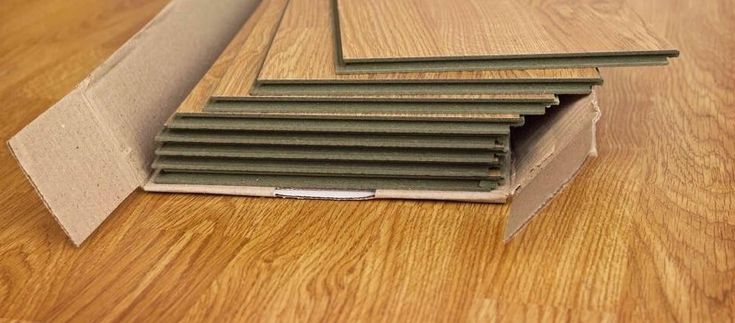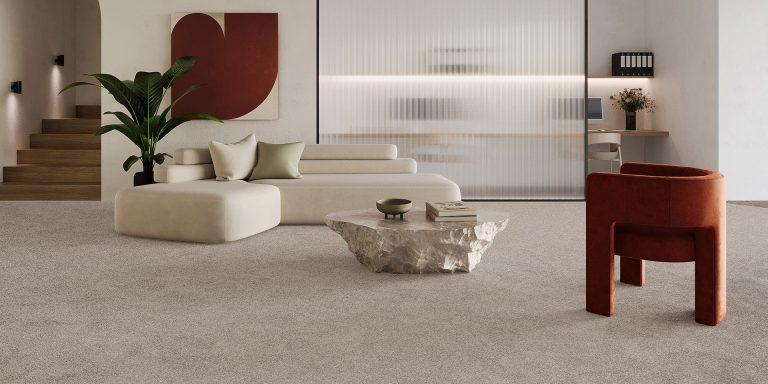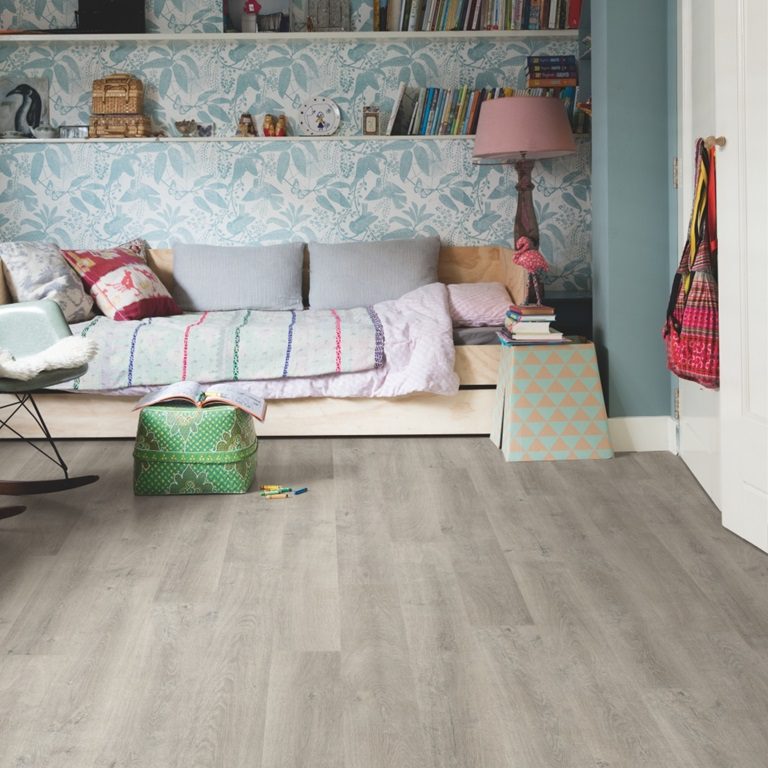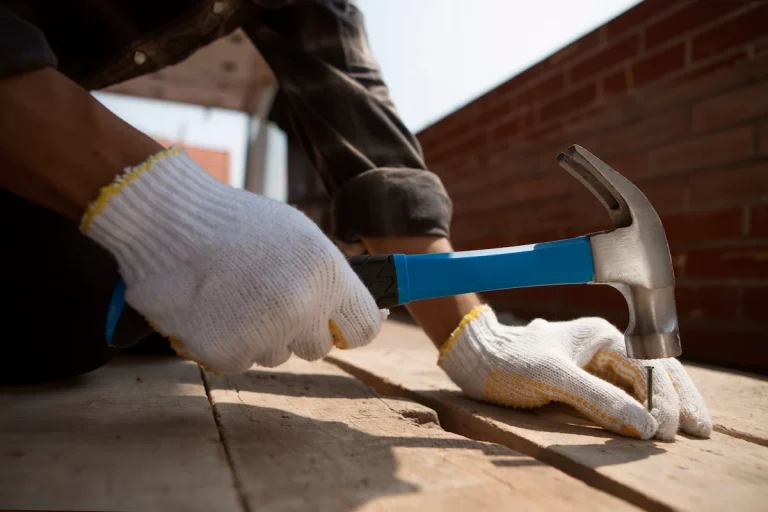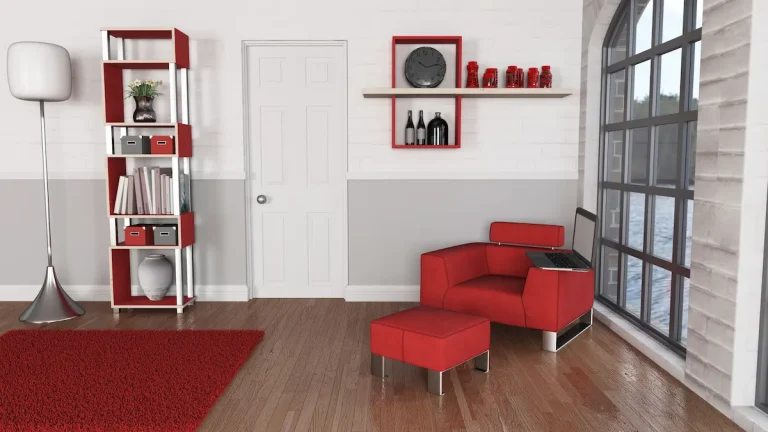Laminate flooring is a popular choice for many homeowners due to its durability, affordability, and ease of installation. However, one of the most important factors to consider when choosing laminate flooring is the thickness. The laminate flooring thickness will affect its durability, noise levels, and comfort.
In this article, we will discuss the different thicknesses of laminate flooring and provide recommendations for the best thickness for specific rooms in your home. We will also provide tips on how to choose the right laminate flooring for your needs and budget.
How Thick is Laminate Flooring?
Due to the four layers of flooring, laminate flooring thickness can impact various aspects, including moisture resistance, installation complexity, everyday use suitability, and naturally, budget considerations. However, a common question arises: does increased laminate flooring thickness translate directly into enhanced durability?
The answer is nuanced. While thicker laminate flooring generally offers greater durability, this only holds true if the material itself is of high quality. Typically, high-quality laminate flooring is thicker, more expensive, and boasts higher moisture resistance. Additionally, thicker laminate flooring can be advantageous for rooms with uneven subfloors, as it can help mask minor imperfections. Remember, it is crucial to consider both material quality and thickness when selecting laminate flooring for optimal durability and performance.
How Thick is Laminate Flooring with Underlay?
While increased thickness may not guarantee enhanced durability in laminate flooring, it remains essential to consider the underlayment layer. This additional layer serves multiple purposes, including soundproofing, moisture protection, and uneven surface levelling.
The combined thickness of laminate flooring and underlayment depends on the chosen laminate thickness. Typically, underlayment ranges from 2mm to 5mm in thickness. Therefore, a 6mm laminate floor installed with a 3mm underlayment would result in a final thickness of 9mm.
The Best Laminate Flooring Thickness Guide
Laminate flooring in the market usually ranges from 6mm, 7mm, 8mm, 10mm and 12mm. Which is equal to 0.039 inches per millimetre. Here is the best laminate flooring thickness guide for each of your rooms!
1. Laminate Thickness for Kitchen and Dining Room
For areas with more space, heavy furniture, and medium to high mobility, the best laminate thickness for the kitchen and dining room is 10mm to 12 mm. But due to its uses, please use laminate flooring with high moisture resistance and good underlayment. Good underlayment is crucial for kitchens and dining rooms. The thickness of the underlayment, and the material installed beneath the laminate, also contribute to the overall performance. Thicker underlayment can provide additional cushioning, sound absorption, and insulation.
Some recommended products:
- Elka 12mm Barn Oak
- Quick-Step Impressive Ultra Concrete Wood Light Grey
- Quick-Step Impressive Ultra Natural Pine
2. The Best Laminate Flooring Thickness for Bedroom
Thicker laminate tends to be more durable and stable. In some areas such as bedrooms or office rooms with low traffic areas and minimal wear, you can use 6mm to 8mm thickness. But if you want more safety in your kid’s room, you can use more thickness 8mm to 10mm. Especially for kids’ bedrooms, you can use High Abrasion Class (AC Rating) Laminate Flooring which has more protection from abrasion in high-traffic areas.
Some recommended products:
3. The Best Laminate Flooring Thickness for Bathrooms
For rooms with high moisture and maybe low sunlight, you can use 10mm above thickness with high-quality and waterproof materials. Also, choose the proper installation methods such as a floating or click-lock system. Thicker laminates may also have click-lock systems that create tighter seams, reducing the risk of water penetration.
Some recommended products:
- Quick-Step Impressive Ultra Classic Oak Natural
- Quick-Step Impressive Ultra Patina Classic Oak Light
- Quick-Step Impressive Ultra Classic Oak Beige
4. The Best Laminate Flooring Thickness for the Garage
For some rooms such as garages, restaurants, stores or others, you can use 12mm and above thickness. Keep in mind, that garages often have unique conditions, including temperature fluctuations and the possibility of exposure to liquids, so choosing the right laminate thickness is crucial. Garages are prone to tools and heavy items being dropped, which can cause impact damage. Thicker laminate provides better resistance to impacts, minimizing the risk of chipping or denting.
Frequently Asked Questions for Laminate Thickness Flooring
Have more questions about how thick is laminate flooring you need?. Here’s the compilation of frequently asked questions about laminate-thickness flooring!
How thick is 12mm laminate flooring in inches?
Laminate flooring in the market usually ranges between 6 millimetres to 12 millimetres within 0.039 inches per millimetre. 12 millimetres of laminate flooring is 0,468 inches. So is 6mm the same as 0.24 inches, 8mm is equivalent to 0.31 inches, and 10mm is approximately 0.39 inches. If you find another size, just multiply it by 0.039 inches.
Is 8mm or 12mm laminate better?
The next question that usually find is, is 8mm or 12mm laminate better? It depends on your needs. Based on the information above, please choose the thickness of your flooring that suits your needs. Remember, the proper installation methods and underlay also play an important thing in how your laminate flooring can stay in the long run.
Is 7mm laminate flooring any good?
Yes, it is. 7mm laminate flooring is doing any good, especially for low-traffic areas such as bedrooms, guest rooms, or walking closets. With the right maintenance and underlayment, you can make your 7mm laminate flooring stay longer.
Now, you know how thick laminate flooring you need to choose for your house. Need more assistance to get the best product and price for your laminate flooring, consult with the professionals!


























